Sex Work Decriminalization
As District Attorney I will advocate for the full decriminalization of consensual sex work. This will begin with declining to prosecute all cases of consensual sex work.
Sex work is work. Criminalizing sex work stigmatizes and disproportionately targets people of color and trans women, who are already marginalized members of our community. It traps sex workers in poverty and makes them afraid to come forward to report abuse or other violent acts perpetrated against them.
Decriminalizing is the most effective way to protect sex workers from police violence. It is the best way to help sex workers access health care and lower the risk of violence from clients. It is necessary if we aim to reduce mass incarceration and advance equality in the LGBTQIA+ community.
Treating sex work as a crime has been a long-running failure. It has made it harder for women and other marginalized people to be legally protected in situations of abuse, exploitation, and trafficking. In cases where sex workers are being trafficked or coerced, they are unable to seek help for fear of prosecution. A significant body of research has shown that criminalization makes sex workers far more vulnerable to violence.
As District Attorney I will decline to prosecute criminal charges based solely on the consensual exchange of sex for money or another thing of value, or solicitation of such an exchange. I will be a fierce advocate for legislative change to fully decriminalize consensual sex work throughout New York.
Criminalizing sex work makes everyone less safe
Since sex workers are forced to operate outside the bounds of the law, they are unable to report incidents of abuse and violence without risking arrest and prosecution. As a consequence, they are highly vulnerable to abuse and exploitation. [1] There is evidence to suggest criminalizing sex work is associated with a three-fold increase in the risk of violence against people in the sex trades. [2] This increased risk of violence has led several international human rights groups, including Human Rights Watch, to advocate for decriminalization.
Police often carry out violence against sex workers. Sex workers who experience violence at the hands of police officers face multiple barriers to bringing a suit against offending officers, including the inherent challenges of holding police officers accountable and the risk of prosecution. When they do report, they may face additional criminal charges for engaging in sex work at the time of the assault. [3] In New York, a criminal record for engaging in consensual sex work within the prior three years can be admitted in court when someone alleges that they have been raped, which further disincentivizes sex workers from reporting abuse of any kind. [4] It is not only sex workers who are at risk of violence; everyone who participates in the consensual sex work market is made less safe by criminalization, including clients.
Sex workers who are forced to work outside the bounds of legality are unable to effectively advocate for their own health. Sex workers are frequently unable to require that their clients are screened for transmittable health risks, which poses a further threat to health – particularly for low-income sex workers, who are least likely to be in a position to turn down work. Insisting on condom use is often ineffective, and may put sex workers at risk of experiencing violence at the hands of their clients. Unprotected sex work poses a risk to the sex workers’ health, but can also pose a risk to public safety. Medical experts have advocated for decriminalizing sex work after concluding that decriminalizing sex work would be the single most effective way to stem the global spread of HIV. [5] Furthermore, legalization will give sex workers improved access to medical care, which reduces interventional medical costs.
Our country has a long history of criminalizing behavior that it deems immoral. Marijuana and many other drugs have been illegal for decades. Alcohol was prohibited for thirteen years, beginning just over a century ago. A long history of criminalizing “undesirable” behavior has produced consistent results: criminalization does nothing to prevent that behavior from taking place. Instead, it creates black markets which jeopardize the safety of marginalized communities, while doing little to dissuade the wealthy and well-connected from participating as they choose. For instance, Black Americans have been prosecuted for marijuana possession at drastically higher rates than white people, in spite of similar self-reported rates of marijuana use. This pattern holds for sex work. The market for sex work has thrived in spite of criminalization, while criminal penalties have deprived sex workers (especially Black, Brown, and LGBTQIA+ workers) of legal protections and made them vulnerable to harm.
Decriminalization will permit consensual sex work to integrate into the formal economy. This shift will make low-income neighborhoods safer, since the violence associated with the black market for sex work will be eliminated.
Decriminalization is an LGBTQIA+ and gender equity issue
Furthermore, sex work criminalization is linked to a pattern of over-policing LGBTQIA+ communities, and in particularly LGBTQIA+ people of color. New York’s “Walking While Trans” ban (Penal Law § 240.37), which allows officers to arrest and detain any New Yorker for standing on a street corner or wearing a short skirt, is a particularly notorious example. This law is disproportionately directed toward trans women, and especially toward women of color. These laws fall under the aegis of the criminalization of sex work, and make all trans people less safe.
The “Walking While Trans” ban has continued to be used as a pretext for arrest, even after the current District Attorney’s office stated that it would no longer prosecute charges brought under that law. In fact, arrests of trans women did not substantially decrease after the decline to prosecute policy was put in place. As District Attorney, I will never allow this law to be used as a pretext for arrest.
The criminalization of sex work is just another manifestation of a familiar dogma that has long disempowered all women, and LGBTQIA+ people. Criminalization has broader ripple effects for everyone in these communities, and is part of a larger pattern of delegitimizing care work, an area of the economy in which women are disproportionately employed. The rights and dignity of many communities are at stake in this discussion, and decriminalization is the only way to ensure that all are treated justly.
Criminalizing sex work and the poverty trap
The criminalization of sex work means that sex workers are unable to effectively advocate for themselves in the workplace. They cannot unionize or organize in any way to push for better pay and better treatment. Decriminalization would make it possible for workers to unionize and advocate for better pay and treatment in their workplace.
When sex workers receive criminal charges, they are likelier to become trapped in a cycle of poverty. A criminal record makes it more difficult to find housing. Criminal prosecution can also make it difficult for sex workers to find employment in other areas. Some sex workers hope to pursue other types of employment after a short time, but may be unable to do so if they hold a criminal record. By making it possible for all sex workers to break free of the poverty trap and support themselves, decriminalization benefits the economy as a whole.
Decriminalization facilitates prosecuting sex traffickers
There is an important distinction between consensual sex work and forcible sex trafficking. As Manhattan District Attorney, I will investigate and prosecute all types of human trafficking.
Some people use the need to fight sex trafficking as a justification for the prohibition of sex work. However, evidence suggests that the opposite is true: the criminalization of consensual sex work makes it more difficult to detect and prosecute sex traffickers. People engaged in consensual sex work may know about evidence of sex trafficking that they are unable to share, for fear of facing criminal charges themselves. Decriminalization allows people to report abuse and exploitation that they or others face, without fear of arrest or prosecution.
My office will never prosecute victims of human trafficking. All too often, prosecutors punish those who have been forced into sex work against their will, rather than focusing on prosecuting those who are responsible for trafficking. As District Attorney, my office’s resources will be spent investigating and prosecuting sex traffickers and working to protect and defend victims of trafficking.
Decriminalization will not impact prosecution of statutory laws or noncompliance with commercial regulations
Decriminalizaiton will not impact the ability to prosecute those who purchase or solicit sex from minors. In those circumstances, I will prosecute the adult seeking to purchase sex, not the minor involved in the interaction. Minors are unable to legally consent to any sort of sex with adults, including sex work, and therefore are not covered by this policy.
The District Attorney’s office does not have the power to authorize the creation of commercial sex work establishments. State and city legislators govern the licensing, zoning, and permitting processes that determine which businesses may legally operate in New York. As a consequence, any suggestion that decriminaling sex work would create a sex tourism industry boom is little more than misplaced fear-mongering.
Policy Changes
Decriminalizing sex work is a necessary step we must take to make our city safer for everyone, including and especially marginalized communities.
As District Attorney, I will take the following steps to advocate for sex workers:
- My office will never prosecute criminal charges based solely on the consensual exchange of sex for money or another thing of value, or solicitation of such an exchange.
- My office will prosecute cases in which sexual assault or violence arises from an instance of consensual sex work. Sex workers who experience violence in the course of their work can expect the full protection of the law from my office.
- My office will create a mandatory curriculum for all prosecutors and other employees who interact with sex workers, to proactively fight the stigma that sex workers continue to face on a daily basis.
- My office will presumptively consent to any application for expungement in cases where the charges arose solely from consensual sex work.
- I will advocate for full decriminalization in New York State. I will also advocate for modification of the Rape Shield Law (NY CPL 60.42), to make previous charges related to consensual sex work inadmissible.
- I will advocate for full repeal of Penal Law § 240.37, also known as the “Walking While Trans Ban.” Hopefully this repeal will soon pass the state legislature, but if it does not I will be a strong advocate for repealing it as soon as possible. My office will never allow this law to be used as a pretext for arrest, even if and when the ban is repealed.
- I will continue to file charges against human traffickers and to actively combat trafficking in all forms.
- I will advocate to disband the Vice Squad and reallocate their budget to sex worker peer-led services.
Only full decriminalization of sex work will address the harms enumerated above. Prohibitionist models (such as the “Nordic Model”) continue to criminalize and stigmatize sex workers. Partial legalization schemes give prosecutors too much discretion to determine which cases to prosecute
- American Medical Association. Journal of Ethics. 2018
- Boseley, Criminalization of Sex Work Normalizes Violence.
- Data For Progress. Decriminalizing Survival. 2020
- NY Crim. Proc. Law § 60.42
- Michelle Decker, Anna-Louise Crago, Sandra K.H. Chu, Susan G. Sherman, Meena Seshu, Kholi Buthelzi, Mandeep Dhaliwal, & Chris Breyer, Human Rights Violations Against Sex Workers: Burden and Effect on HIV, The Lancet 186, 192 (2015).

